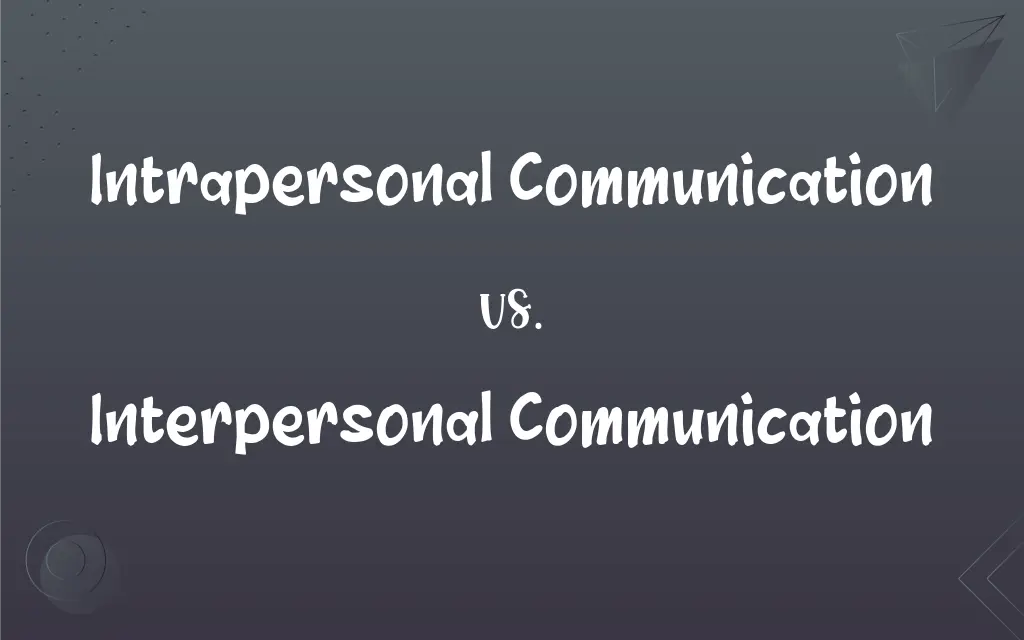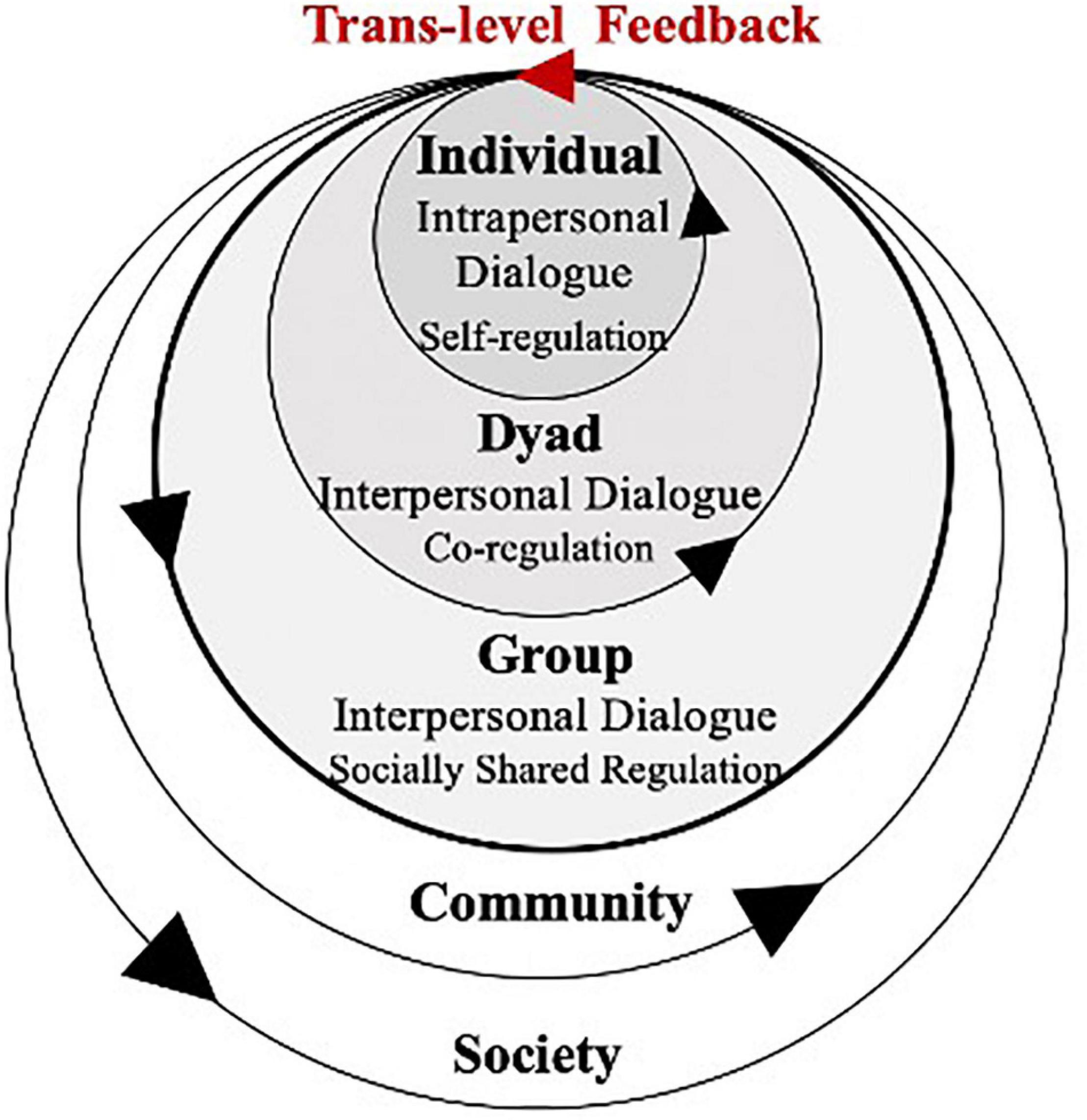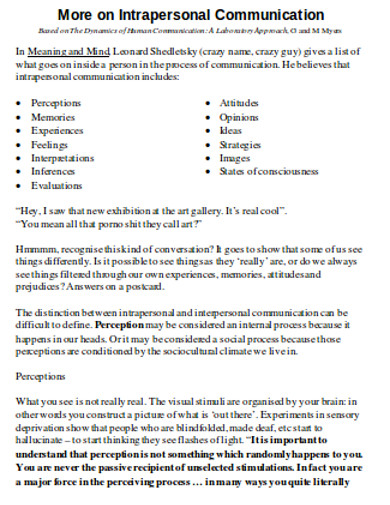Intrapersonal dialogue, also known as self-talk or inner dialogue, refers to the conversation we have with ourselves in our own minds. It is a natural and normal aspect of human thought and can serve as a tool for self-reflection, problem-solving, and decision-making. However, the content and tone of our intrapersonal dialogue can also have a significant impact on our emotional well-being and overall mental health.
One way that intrapersonal dialogue can be useful is by helping us to process and make sense of our experiences. We may talk to ourselves in order to reflect on our actions and consider different perspectives or options. This can be especially helpful in decision-making, as we can weigh the pros and cons of different choices and come to a more informed conclusion.
However, intrapersonal dialogue can also have negative consequences if it becomes overly critical or self-defeating. Negative self-talk, or the habit of speaking to oneself in a harsh or judgmental way, can lead to low self-esteem and a negative outlook on life. For example, if we frequently tell ourselves that we are not good enough or that we will never succeed, we may start to believe these thoughts and act in ways that are consistent with them.
It is important to be aware of the content and tone of our intrapersonal dialogue and to make an effort to engage in positive self-talk. This can involve reframing negative thoughts in a more positive light, reminding ourselves of our strengths and accomplishments, and speaking to ourselves with compassion and understanding. Research has shown that engaging in positive self-talk can lead to increased confidence and motivation, as well as a more positive outlook on life.
In addition to the content of our intrapersonal dialogue, the way in which we talk to ourselves can also have an impact on our mental health. Research has suggested that using a first-person perspective, rather than a second- or third-person perspective, can be more effective in promoting positive self-talk and reducing negative thoughts. For example, instead of saying "you are not good enough," we might say "I am doing the best I can." Using a first-person perspective can help us to feel more connected to our thoughts and emotions and to take ownership of our actions.
In conclusion, intrapersonal dialogue is a natural and normal aspect of human thought that can serve as a tool for self-reflection, problem-solving, and decision-making. However, the content and tone of our intrapersonal dialogue can also have a significant impact on our emotional well-being and overall mental health. It is important to be aware of the way we talk to ourselves and to make an effort to engage in positive self-talk in order to promote mental health and well-being.







